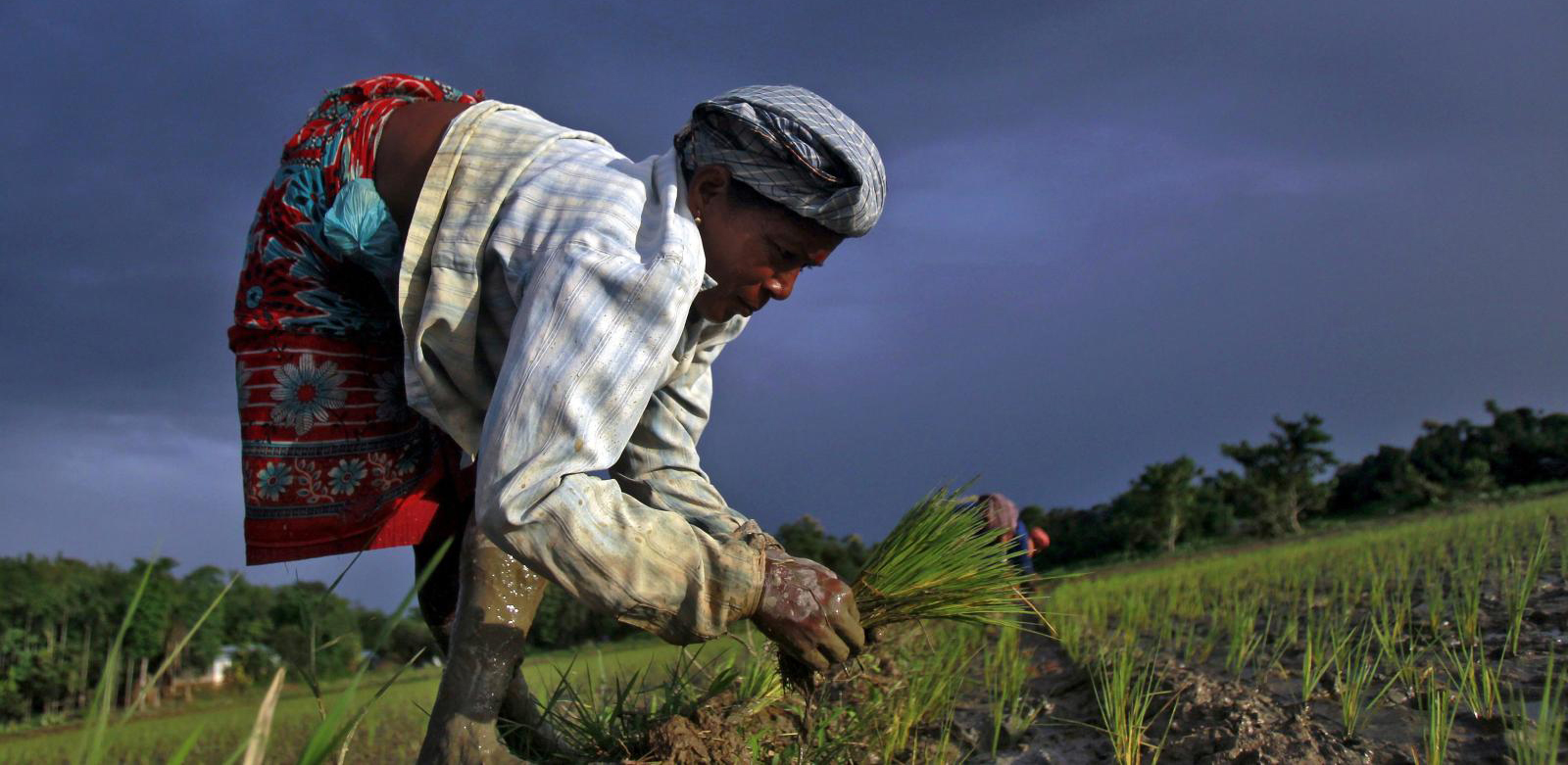For the last six months millions of Indian farmers have been marching through the national capital in an effort to repeal the laws that they believe would end guaranteed pricing that forced them to sell harvest directly to big corporations instead of government-run markets. This movement has gained international momentum with the likes of Rihanna and Greta Thunberg raising awareness about it on their social platforms. The magnitude of the resistance is a result of the fact that almost 70% of India’s population is dependent on the agriculture sector, with about 80% of them coming from marginalised rural economies. The government’s aim through the introduction of these laws is to provide farmers with the autonomy and agency to enter into direct contracts with corporates but, let’s get into the root cause as to why this isn’t appealing to the farmers.
Farmers in India own small parcels of land, typically below 3 acres, and without the guaranteed sale of their harvest at minimum pricing, they fear that they might have to resort to selling their lands and losing their livelihoods. The site of the problem lies in the understanding that those involved in agriculture are now at a risk of losing their social security, for without a guaranteed sale of their harvest they lack their only means of income. In tracing the chain of production, one can see that the issue lies in the fact that there is no income flowing in during the period of growth and harvest, but is concentrated at the time of sale of the crop — a sale which comes after months of hard labour. But, what if we were to think of a next nature way to produce income during the period of growth and harvest while also promoting sustainable practices of farming?
Bridging the gap between ecology and economy, next nature’s EcoCoin can serve to be the speculative intervention in the future that can help reduce the distance between income and labour in agriculture. The world’s first ECO currency, the EcoCoin is a cryptocurrency that aims to reward anyone, anywhere across the world with ECOs for carrying out a sustainable action. Given small lands and a labour-intensive approach to farming, the agricultural practices in India are far more ecologically sustainable in comparison to commercial farming practices such as that of the United States. Introducing the EcoCoin as a currency that can be earned and used by the farmers can serve to be an interesting futuristic intervention to circumvent the problem of losing their livelihood at the risk of failing to sell their produce.
The benefits of introducing the EcoCoin in agriculture are multifold. As a currency that promotes sustainability, the introduction of the EcoCoin will not only guarantee a return during labour-intensive stages of agricultural production but, it will also widely incentivise the need for more sustainable farming practices. By employing the use of blockchain technology, farmers will also remain autonomous and gain agency without increased dependence on governmental policies of trade. A decentralised homogenous network, farmers will not be left out in the cold if their harvest fails to sell and could also allow them to enter into direct trade with corporates, vendors and fellow farmers far more efficiently.
Of course in the present there are limitations to such an intervention, but the utopia of alleviating the issues of the economically marginalised through ecological means doesn’t feel like the makings of a wild imagination anymore. The idea of next nature remains rooted in finding systemic solutions of tomorrow, today.

Share your thoughts and join the technology debate!
Be the first to comment